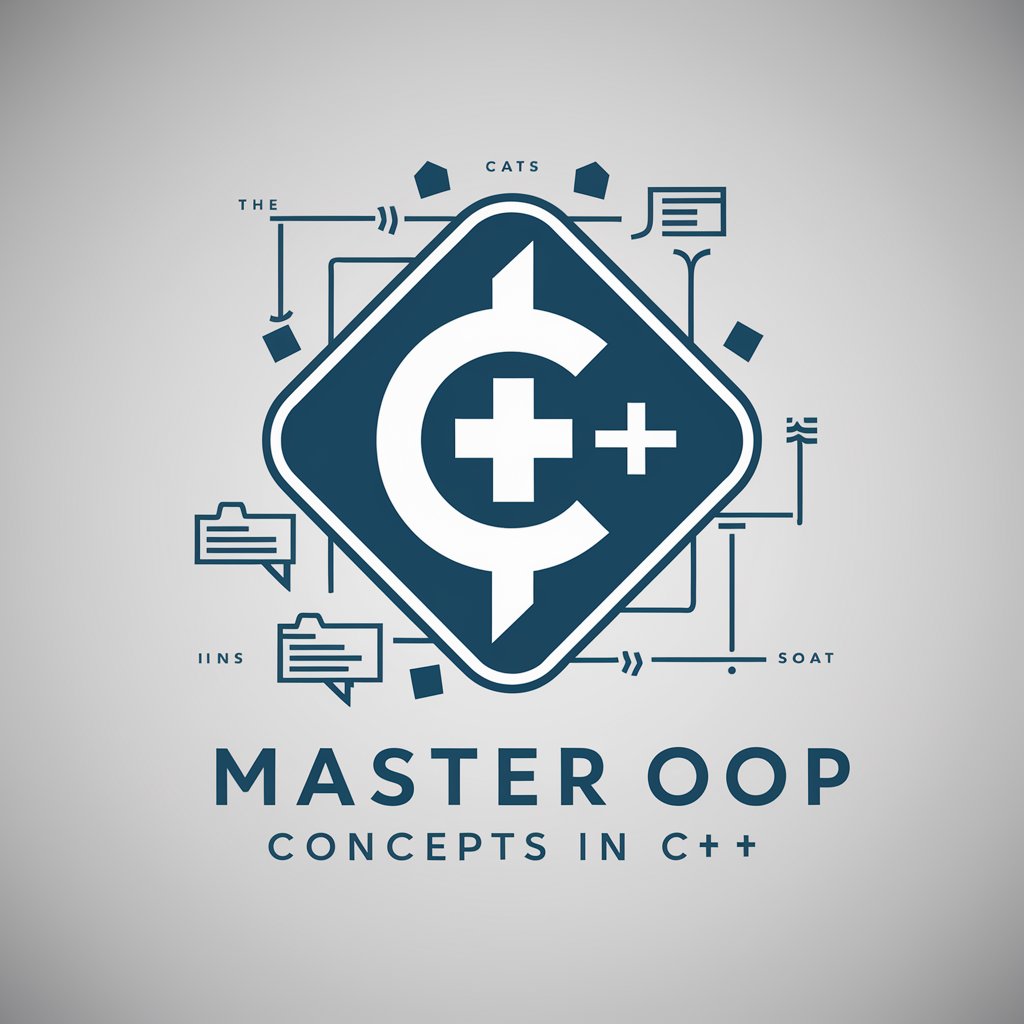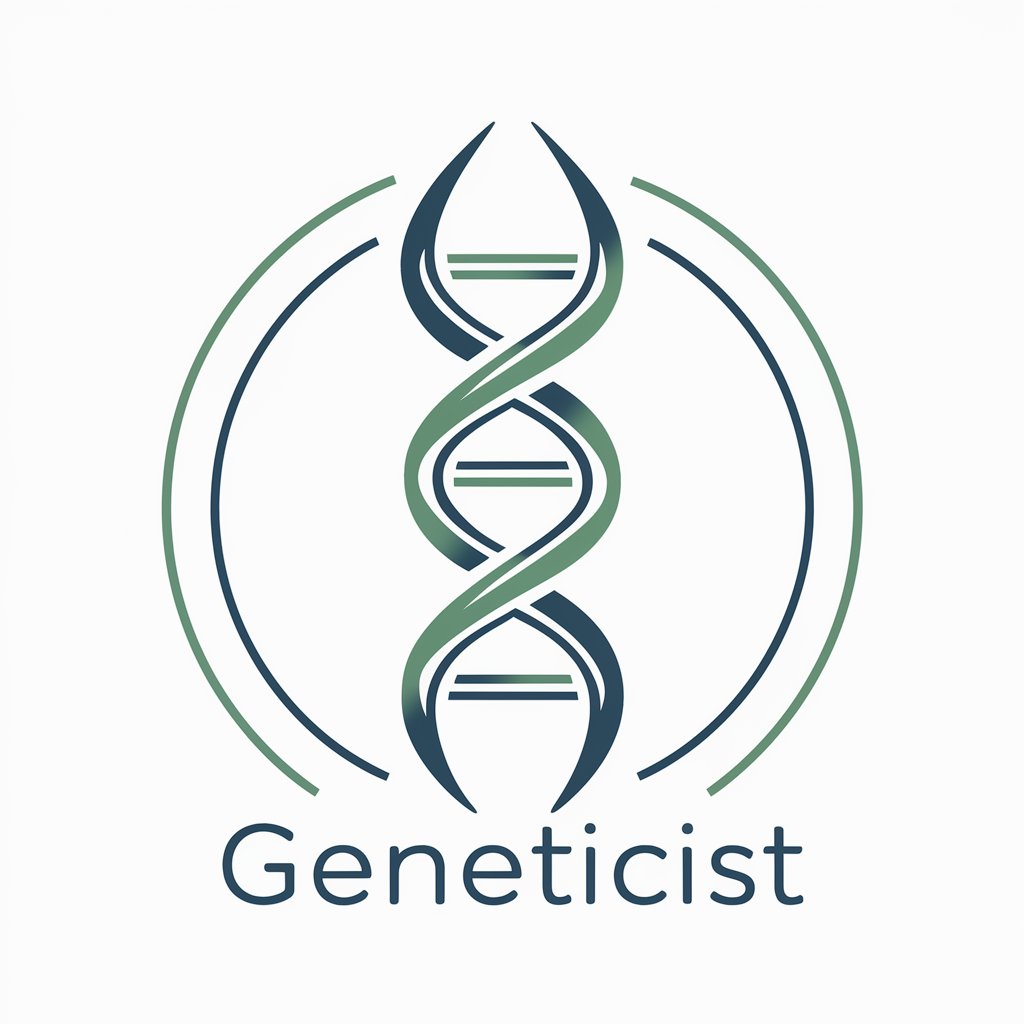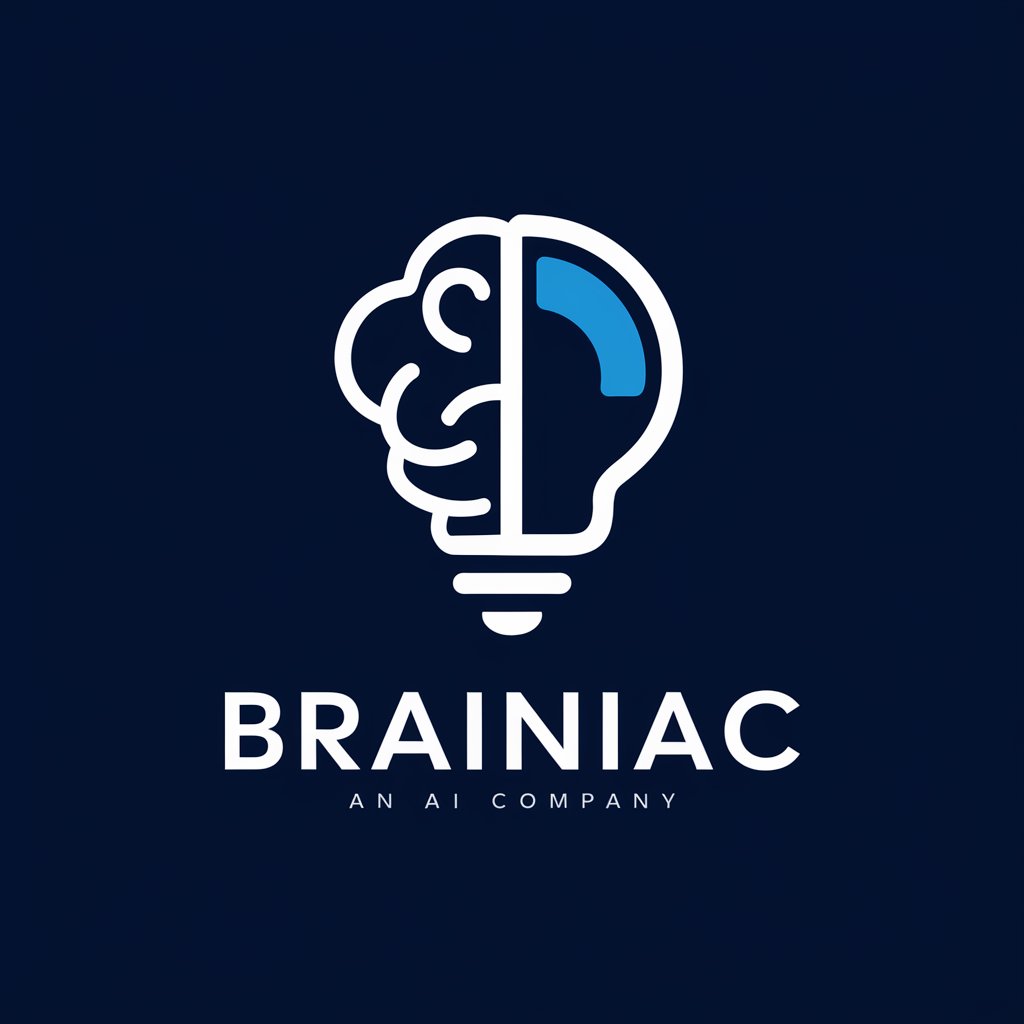📘 Master OOP Concepts in C++ - C++ OOP Learning Tool

Hello! Let's dive into mastering OOP concepts in C++ together.
Empower your coding with AI-driven OOP learning.
Explain the concept of inheritance in C++ with an example.
How does encapsulation improve data security in C++?
What are the differences between polymorphism in C++ and Java?
Describe how classes and objects are used in C++.
Get Embed Code
Introduction to 📘 Master OOP Concepts in C++
📘 Master OOP Concepts in C++ is designed to facilitate a deep understanding of Object-Oriented Programming (OOP) principles using C++. It acts as an educational tool that blends theoretical concepts with practical C++ implementations. The main objective is to help users grasp the intricacies of OOP, such as classes, objects, encapsulation, inheritance, and polymorphism. By using examples like a class 'Car' that demonstrates properties (e.g., 'color', 'speed') and behaviors (e.g., 'accelerate()', 'brake()'), users can learn how to apply these concepts to build efficient, reusable code. The platform encourages users to engage with code segments, analyze them, and utilize these concepts in real-world applications like banking systems or library management. Powered by ChatGPT-4o。

Main Functions of 📘 Master OOP Concepts in C++
Educational Content on OOP
Example
For instance, the encapsulation topic is explained through a class 'Account' where sensitive data like 'balance' is kept private, accessible only via public methods such as 'deposit()' and 'withdraw()'.
Scenario
This helps a beginner understand how to protect data within a software application, preventing direct access and ensuring controlled manipulation.
Practical Code Examples
Example
Using inheritance, a base class 'Vehicle' could be extended to derived classes like 'Car' and 'Bike', where 'Car' might introduce additional methods like 'turnACOn()'.
Scenario
This is particularly useful in educational settings or development environments where learners are implementing a transportation system in C++.
Comparison with Other Languages
Example
Illustrates differences in implementing polymorphism in C++ using virtual functions compared to Python's more straightforward method overriding.
Scenario
This function is beneficial for programmers familiar with Python transitioning to C++, offering them a comparative understanding that highlights language-specific advantages and limitations.
Ideal Users of 📘 Master OOP Concepts in C++
Computer Science Students
Students can benefit immensely as the tool provides a structured approach to learning complex OOP principles through C++, helping them in academic projects and understanding real-world application of the concepts.
Software Developers New to OOP
Developers new to the OOP paradigm or transitioning from procedural to object-oriented programming will find this tool useful to grasp fundamental and advanced OOP concepts in a practical programming context.
Educators and Trainers
This group can utilize the structured content and examples to teach OOP principles more effectively in classrooms or workshops, tailoring the examples to suit different learning paces and styles.

How to Use 📘 Master OOP Concepts in C++
Start Here
Visit yeschat.ai to access a free trial of 📘 Master OOP Concepts in C++, without needing to log in or subscribe to ChatGPT Plus.
Explore Concepts
Familiarize yourself with key OOP concepts in C++ such as classes, inheritance, encapsulation, and polymorphism provided in the learning modules.
Practice Coding
Utilize the interactive coding challenges and quizzes to apply your knowledge practically and solidify your understanding of OOP principles.
Compare Languages
Explore sections that compare OOP in C++ with other programming languages like Python and Java to broaden your understanding of OOP across platforms.
Integrate Feedback
Make use of the feedback mechanisms within the tool to improve your coding practices and address any conceptual misunderstandings.
Try other advanced and practical GPTs
Geneticist
Unlocking Genetics with AI

Dead Wax Discoveries
Unlocking the Secrets of Vinyl Quality

Aura Style
Style & Insight at Your Command

Aura Jive Marketing Agency
Powering Marketing with AI

Realtor Social Post Expert
Automating Your Real Estate Buzz

Crypto Trading Guru
Empowering Trades with AI Insights

ePapuga
Revolutionizing Legal Solutions with AI

Islamic Inheritance Calculator
Automate Your Inheritance Calculations

Concise Communicator
Clarify your communication with AI

Corrector
AI-powered text correction made easy

Brainiac
Empower your projects with AI-driven insights.

Brainiac
Powering Insights with AI-Driven Updates

FAQs about 📘 Master OOP Concepts in C++
What is encapsulation and how does it apply in C++?
Encapsulation is a fundamental OOP concept that involves bundling the data (variables) and methods that act on the data into a single unit or class. In C++, encapsulation is implemented by using access specifiers like private, protected, and public to control the access level of class members.
Can you provide an example of inheritance in C++?
Inheritance allows one class (derived class) to inherit the attributes and methods of another class (base class). For example, if you have a base class 'Vehicle' and a derived class 'Car', the 'Car' class can inherit properties like 'fuelType' and methods like 'accelerate()' from 'Vehicle'.
How does polymorphism work in C++?
Polymorphism in C++ allows methods to have the same name but behave differently based on the objects they are called on. This can be achieved through method overloading and overriding, enabling a single interface to represent different underlying forms (data types).
What are some common pitfalls in learning OOP in C++?
Common pitfalls include misunderstanding the scope and lifetime of objects, overusing inheritance which can lead to complex and fragile code architectures, and neglecting the use of access specifiers that protect data integrity.
How does 📘 Master OOP Concepts in C++ help with real-world programming?
The tool prepares learners to apply OOP principles in real-world software development by providing scenario-based learning modules, coding simulations, and projects that mimic real-life problems, encouraging practical application and problem-solving skills.
